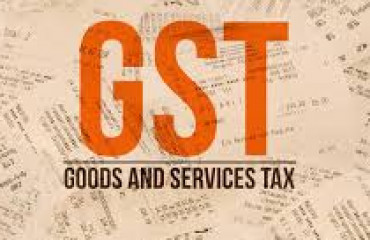
With the recent amendment made vide Notification No. 01/2022 – Central Tax dated 24-02-2022,more taxpayers will come under the ambit of compulsory issuance of e-invoice, as the threshold limit of turnover is being reduced to 20 Crores w.e.f 1st April 2022.
With the recent amendment made vide Notification No. 01/2022 – Central Tax dated 24-02-2022,more taxpayers will come under the ambit of compulsory issuance of e-invoice, as the threshold limit of turnover is being reduced to 20 Crores w.e.f 1st April 2022.
The mechanism of e-invoicing was introduced in the year 2020 wherein the taxpayers having turnover more than 500 crore in any preceding FY starting from 2017-18 was required to issue e-invoice w.e.f 1st October 2020. This threshold limit was reduced phase wise and is currently applicable for turnover more than 50 crore. Now the Government has issued notification to reduce this turnover limit and include mid-sized firms within a turnover range of Rs.20 crore to Rs.50 crore in any preceding financial year from 2017-18 (i.e. 2017-18 to 2021-22). This amendment will be effective from 1st April 2022.
Some important points to be noted about e-invoicing is as below: 1. Official Government website for generating e-invoice is einvoice1.gst.gov.in; 2. This is a mandatory requirement for taxpayers falling within the ambit, not optional; 3. Tax invoice issued without e-invoicing shall be treated as an invalid invoice and shall attract penalty; 4. E-invoice will apply only to Business-to-Business (B2B) transactions and exports; 5. GSTR 1 will get auto-filled with all the B2B transactions containing e-invoice; 6. E-invoicing is not applicable for non-banking financial companies, goods and passenger transportation agencies, business units operating in SEZ and government departments. Note: Taxpayers who are coming withing the ambit of e-invoice due to this amendment must make trial of generating e-invoice through website or its invoicing software before 1st April 2022 to avoid any hassle and / or disruption.
